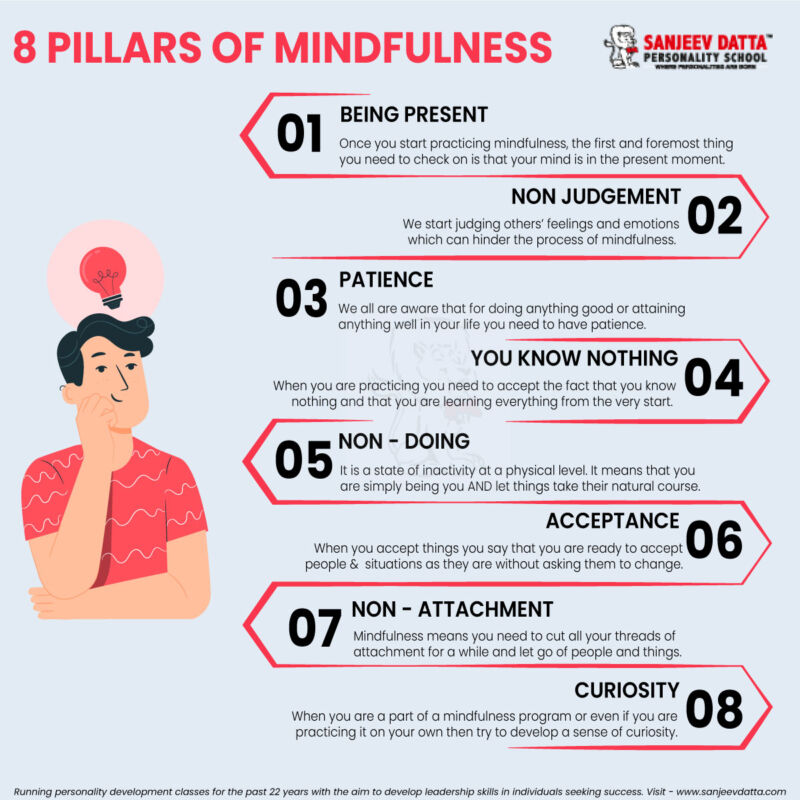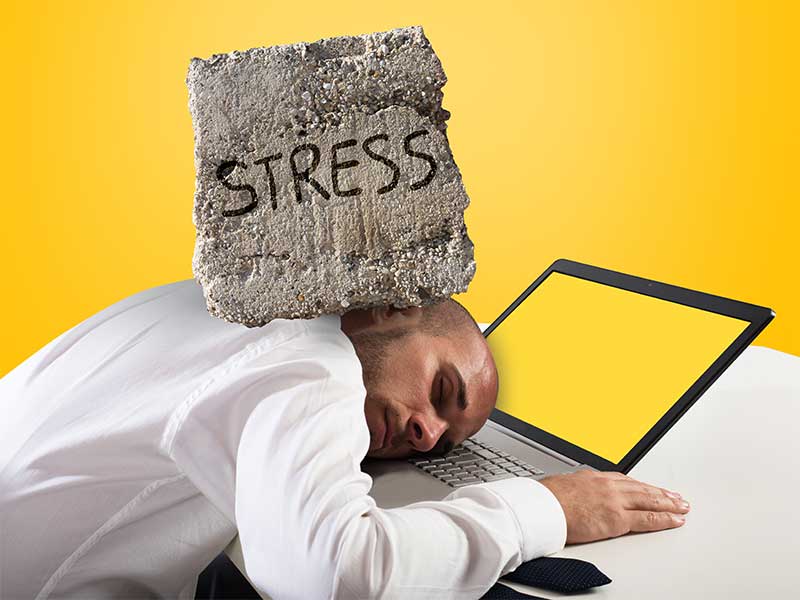In today’s fast-paced and demanding world, it’s common for stress to be a prevalent part of our lives. However, by implementing effective tips for stress management, you can navigate and alleviate stress more effectively. Life’s everyday stresses can have a variety of detrimental impacts on our physical and mental health. However, stress may be reduced and dealt with more successfully with the help of good stress management practices.
The preservation of total well-being and a healthy lifestyle depends on effective stress management. It entails implementing tactics and techniques to manage and lessen the consequences of stress. Stress can be reduced by using relaxation methods. Techniques that encourage relaxation and relieve tension include deep breathing exercises, meditation, yoga, and progressive muscle relaxation. To properly manage stress, these techniques can be incorporated into regular routines.
People can better manage stress and enhance their general well-being by recognizing the symptoms of stress and putting these tactics into practice. It’s critical to keep in mind that stress management is a constant process and that different methods may be more effective for particular people.

Joining support groups or looking for professional assistance might also provide you access to more resources and advice for stress management. By adopting these techniques into your everyday practice, you can strengthen your resilience and enhance your capacity to handle challenging circumstances. Below, we’ll go over these suggestions in more detail.
Finding Calm Amid Chaos: Stress Management Strategies
- Recognize the Signs of Stress:

Recognizing the symptoms and indicators of stress is the first step in managing stress. Stress can manifest differently in each individual, but common signs include irritability, anxiety, difficulty concentrating, changes in appetite, and sleep disturbances. By being aware of these signs, you can take proactive steps to manage stress before it overwhelms you.

2. Practice Mindfulness and Relaxation Techniques:

Mindfulness and relaxation techniques are powerful tools in stress management. They help calm the mind and bring about a sense of peace and balance. This can be practiced through meditation, deep breathing exercises, or engaging in activities that promote relaxation, such as yoga or tai chi.
Visit: how to deal with change and uncertainty
3. Engage in Regular Physical Activity:

Physical activity is not only beneficial for our physical health but also plays a significant role in managing stress. When we exercise, our body releases endorphins, which are chemicals that act as natural painkillers and mood elevators. Regular exercise can help lower stress, elevate mood, and increase self-esteem. Find an activity that you enjoy, whether it’s walking, running, dancing, or playing a sport, and make it a part of your routine. Achieve your dreams with a personality that radiates success – enroll in our personality grooming classes today.
4. Maintain a Healthy Lifestyle:

A healthy lifestyle is essential for managing stress effectively. Make sure you are getting adequate rest, eating a healthy diet, and drinking plenty of water. Lack of sleep and poor nutrition can exacerbate stress levels and make it harder to cope with daily challenges. Additionally, limit or avoid the consumption of alcohol, caffeine, and nicotine, as these substances can increase anxiety and stress.
Visit: role of empowerment in personal growth
5. Manage Your Time Effectively:

Time management skills are crucial for stress management. Poor time management can lead to a constant state of rushing and feeling overwhelmed. To manage your time effectively, prioritize your tasks, create a schedule or to-do list, delegate responsibilities when possible, and avoid overcommitting yourself. By being proactive and organized, you can reduce stress and have a more productive day.
6. Seek Support and Connection:

Building a strong support system is essential for managing stress. Share your feelings and concerns with trusted family members, friends, or mentors. Sometimes, just talking about your stressors can provide relief and perspective. Additionally, consider joining personality development classes or seeking professional help if needed. Therapists or counselors can provide guidance and teach you effective coping strategies.
7. Engage in Hobbies and Relaxing Activities:

Make time for activities that bring you joy and help you relax. Engaging in hobbies or leisure activities can distract your mind from stressors and provide a much-needed break. It could be anything you enjoy, such as reading, gardening, painting, or listening to music. Incorporating these activities into your routine can help you unwind and recharge.
8. Practice Assertiveness and Set Boundaries:

Learning to be assertive and set boundaries is crucial for managing stress. It entails politely and firmly expressing your demands, feelings, and views. By clearly communicating your limits and saying no when necessary, you can prevent overwhelm and maintain a healthier work-life balance.
9. Consider Development Training:

Personality development training can be an effective way to manage stress and enhance personal growth. These training programs focus on developing essential life skills, improving communication, building self-confidence, and managing emotions effectively. Through these training sessions, individuals can learn how to navigate stressful situations with resilience and develop a positive mindset.
Conclusion
You can create inner calm, personal development, and stress resilience with regular practice and self-care. Keep in mind that managing your stress is a continual process, and it might take some time until you find the methods that are most effective for you. Stress can have a detrimental effect on our physical and mental health when it becomes overpowering. Be patient and kind to yourself, as you experiment with stress management approaches because finding what works best for you may take some time.
Visit: how to be more assertiveness
Stress management is essential for maintaining a healthy and balanced lifestyle in today’s fast-paced world. By implementing the tips for stress management outlined above, you can develop effective strategies to cope with and reduce stress levels.
Why Sanjeev Datta Personality School?
- INTERVIEW TRAINING
- Leadership
- Presentation Training
- Social Boldness
- Dressing Etiquette
- Office Etiquette
- Communication Skills
- English Speaking
- Anger Management
- Time Management
- Team Building
- Performance Enhancer
- Soft Skills
- Goal Setting
- Career Counselling
- Student Subject Choice Counselling
- Listening Skills
- Video Presentation
- Meditation
For more details, contact us now!


